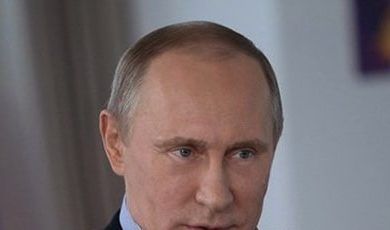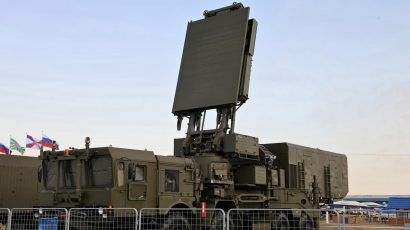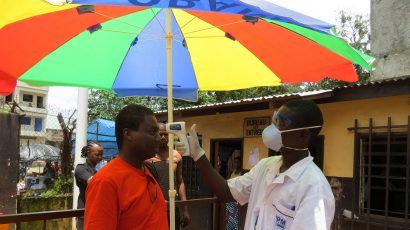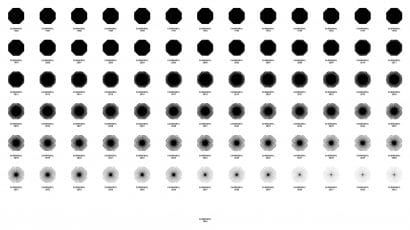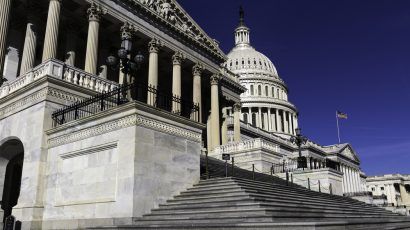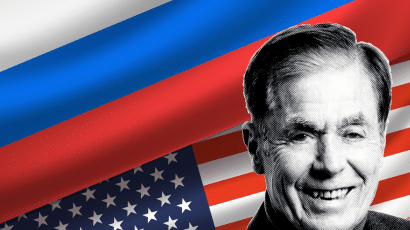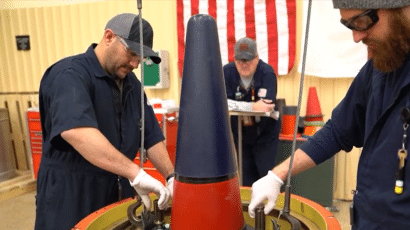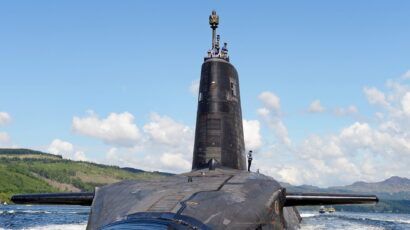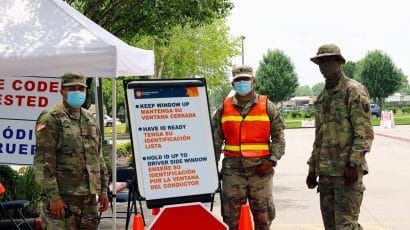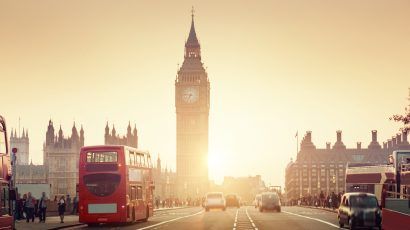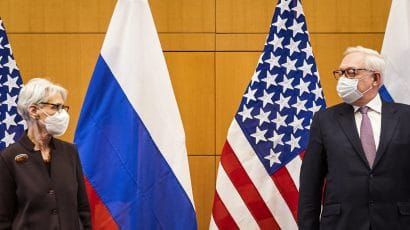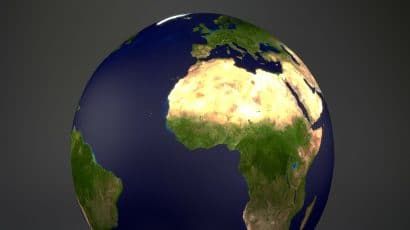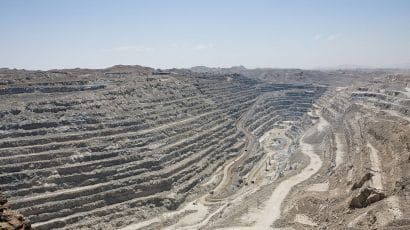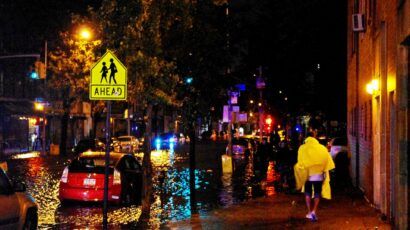Search results for trump
US President Joe Biden threatened Russian President Vladimir Putin with harsh sanctions should Russia invades Ukraine. Sanctions can sometimes be effective, as in the early 2000s to induce Libya to give up its nuclear program or in achieving the 2015 nuclear deal with Iran. But there are serious problems with additional US sanctions on Russia, especially in the absence of multilateral diplomacy.
Activists: You can’t come to Miami without talking about climate change
Floridians wanted to put a spotlight on climate change, but the topic still got only 7 minutes of airtime in the two nights of Democratic Debates.
US courts say Iran owes terrorism victims billions. That’s an obstacle to a new Iran nuclear deal.
For the Iran nuclear deal to succeed, negotiators must address the billions of dollars’ worth of civil judgements to US victims of Iranian terrorism. If not, Iran may question whether it will ever receive meaningful economic gains in return for limiting or reversing its nuclear ambitions. If the United States proposes that Iran pay a percentage of the proceeds from expanded energy royalties over an extended period, reluctant investors might be reassured about doing business with Iran. In such a case, Iran’s economy could grow, its terrorism victims would gain partial closure, and its nuclear ambitions would be limited or reversed.
The international significance of Russian aerospace defenses
Ask any US policymaker and strategic studies scholar, “What is the most important component of Russia’s military strategy?” and you will get an unequivocal answer: nuclear weapons. Ask that expert, “What is the second most important component?” and you will get a cloudier response: Information warfare? Dual-capable cruise missiles? You may just get silence. Russian … Continued
Ebola makes a very convincing case for global cooperation
The Democratic Republic of the Congo, that vast, equator-spanning country at the heart of the African continent, has experienced 10 Ebola outbreaks since 1976. The 10th one is ongoing in the conflict-riven northeast. The ninth outbreak, though, ended as an exemplary success, one we can learn from as we battle future would-be pandemics, argues Ariana … Continued
Has South Korea renounced “nuclear hedging”?
South Korea’s plans to phase out nuclear power suggest that it is no longer hedging its bets on nuclear weapons. But the country’s plans for nuclear-powered submarines send a different signal.
Rebranding Chernobyl
A team of Ukrainian graphic designers has created an ever-changing image that captures the evolving aftermath of nuclear disaster.
The first climate candidate of the 2020 presidential race
Editor’s note: This story was originally published by Mother Jones. It appears here as part of the Climate Desk collaboration.
After Geneva: Will Self-Interest Suffice?
In Geneva, President Joe Biden said that future cooperation with Russia would be based not on trust but on US self-interest. If Putin thinks the same way, the two might cooperate so long as doing so appeared to be in their self-interest. But can far-reaching security accords be signed and implemented without mutual trust?
How Biden can achieve a first in arms control: A verifiable nuclear warhead freeze
Verifying a warhead agreement would involve significant political and technical challenges, but they’re not insurmountable.
United Kingdom nuclear weapons, 2024
For decades, the United Kingdom has maintained a stockpile of approximately 225 nuclear warheads—up to 120 of which are available for delivery by four Vanguard-class nuclear-powered ballistic missile submarines. This stockpile is now increasing.
National Guard: Between protests and pandemics, no room for hurricane season?
The National Guard typically plays a key role in the response to climate disasters, from searching and rescuing to distributing supplies, food, and medical equipment. Now, they’re handling COVID and the nationwide protests calling for just for George Floyd as well.
Japan waters down climate commitments, using coronavirus as an excuse
Are countries starting to use the coronavirus crisis to rein in their commitments to the Paris agreement?
London attack: Saddle Moscow with chemical weapons inspections
How to respond to the assassination attempt against Sergei Skripal? Add a class of chemical agents to those prohibited by the Chemical Weapons Convention.
Putin’s demand for security guarantees: Not new and not to be taken literally, but not to be ignored
Russia's demands for security guarantees should not have been a surprise to people who have been following the issue; they should not necessarily be taken literally; and they should not become a substitute for strategic arms control discussions.
Modeling disease spread
Many things went wrong during Britain's 2001 foot-and-mouth disease crisis. Initial efforts at identifying infected animals, slaughtering them, and burying their carcasses within 24 hours--the tried-and-true method for containing the disease--were sluggish at best. And the country's Ministry of Agriculture, Fisheries, and Food (MAFF), still reeling from criticism about how it handled the country's decade-long mad cow disease epidemic, was unprepared for the severity of the foot-and-mouth outbreak.
IPCC assessment calls out less-known greenhouse gas: methane
The landmark assessment was dire. But it shows that if you want to tackle climate change, start with methane.
With new data, researchers attempt to overturn long-held theory on ice ages and climate change
Figuring out the mechanisms behind the last abrupt climate shift could help us predict and understand how climate change manifests now.
2012: An elemental force: Uranium production in Africa, and what it means to be nuclear
What exactly is a nuclear state? Does a uranium enrichment program suffice to make one of Iran, or are atomic bomb tests the deciding factor? Such ambiguities cannot be dismissed as doublespeak. The nuclear status of uranium is an important aspect of these ambiguities. When does uranium count as a nuclear substance? And what does Africa have to do with it? Such issues lie at the heart of today’s global nuclear order. Or disorder, as the case may be.
A climate scientist’s personal reckoning
Without a functioning democracy, what's the use of climate science?
